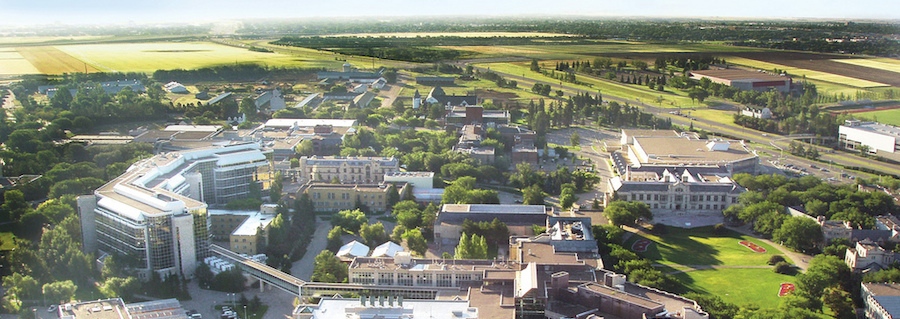Two Saskatchewan professors have joined an international network of scholars in hopes to bring Indigenous knowledge into discussions of biodiversity and sustainability.
Maureen Reed and James Robson are professors from the School of Environment and Sustainability at the University of Saskatchewan. According to the university, both are recognized as experts in fostering relationships with Indigenous people to advance sustainability.
The two professors were recently appointed together as the newly formed UNESCO Chair in Biocultural Diversity, Sustainability, Reconciliation and Renewal.
“What is unique about this chair is that it is action-oriented,” Maureen Reed told MBC News.
Their goal, in this position, will be to work with organizations and communities to effectively combine Indigenous and western scientific knowledge to promote biodiverse landscapes and territories.
“We hope to do this in a way that supports and withholds the integrity of both ideologies,” said Reed.
Their work will be undertaken throughout Canada, as well as in Latin America and South Africa.
“We are working closely with our partners, who include First Nations — to ask relevant questions, implement projects and determine how, and by whom, research outcomes will be used,” said Reed.
The UNESCO chairs say they are also hoping to engage youth and women to more effectively protect sustainability in rural and Indigenous communities.
They say reconciliation is the pillar of their work.
“It is important to have renewal in the work of the chair because we believe it’s forward looking and optimistic,” said James Robson, in a media release. “True reconciliation means working together in a renewed relationship that is collaboratively created and mutually beneficial.”
Reed and Robson will serve four-year terms in this position, with optional extensions available.
They now join an international network of over 700 UNESCO chairs, all of varying purpose.
The Canadian Commission for UNESCO facilitates a Canadian network of 23 chairs in 17 post-secondary institutions.
(PHOTO: University of Saskatchewan. Photo courtesy of usask.ca)
